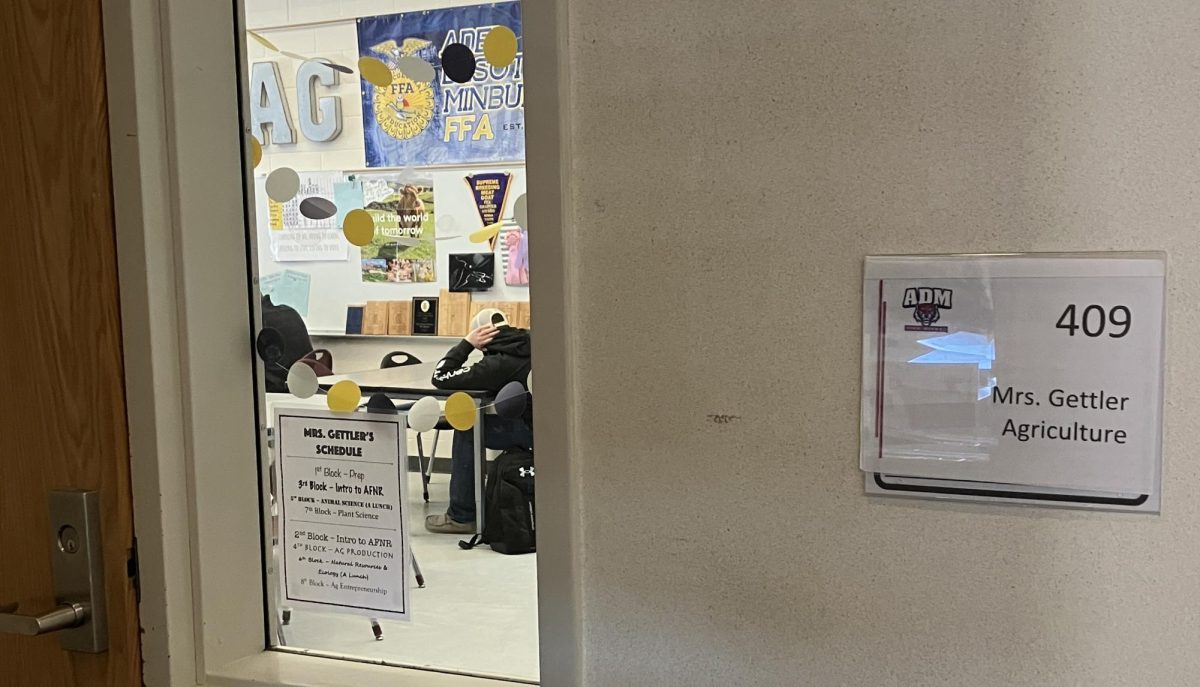Earlier this year, results from the 2022-2023 Iowa Statewide Assessment of Student Progress were released. The test, taken last school year, provided insight into Iowa students’ academic abilities, and the results were shocking. Over 34% of 3rd graders were not proficient in English Language Art skills. While Iowa did not see drops in reading scores statewide, Gov. Kim Reynolds stated, “holding steady isn’t good enough” for Iowa students. At the beginning of the Iowa Legislature’s 2024 Session, Reynolds proposed a new bill to the Iowa House in hopes of combating this issue.
House File 2618, better known as the Literacy Bill, was passed by the Iowa House on April 2nd, 2024. The bill was first introduced during Kim Reynolds’s Condition of the State address at the beginning of this year. Since then, there have been minor changes to “tone down“ the bill so that it could be eventually passed.
The bill requires schools to report to parents if a child is not at a proficient reading level for their grade. The parents can then decide if they want their child to repeat a grade, and the school must accept their request. The Literacy Bill also requires an individualized education program that will follow the child throughout the rest of their K-12 career.
Gov. Kim Reynolds on April 17th made a statement about the bill’s intention by saying, “By investing in literacy today, we are opening opportunities for our kids in the future. This bill implements evidence-based reading instruction to help students move from the critical phase of ‘Learning to Read’ into a lifelong practice of ‘Reading to Learn’. It gives parents more control over their child’s success by providing transparency of reading proficiency and personalized plans if students fall behind.”
The House Bill goes further by improving teaching strategies and removing others from the curriculum. The bill presents new literacy strategies such as teaching the sounds of letters and the “science of reading” techniques. They hope to improve students’ reading and language abilities. Other teaching methods such as rote memorization or context clues have been banned. These are used to help identify or memorize written words.
The Literacy Bill will hopefully allow students to stay on track with their reading, as this can be argued as the most important skill for a child to master in early development. Of course, there are also doubts that the bill will have as great of an effect as some representatives may think. Rep. Sharon Steckman, D-Mason City, stated “Teachers watch out for kids that are not reading at grade level already. Teachers talk to parents already. Teachers put forth some sort of plan for that student to get on grade level already. So much of this we’re already doing.”









